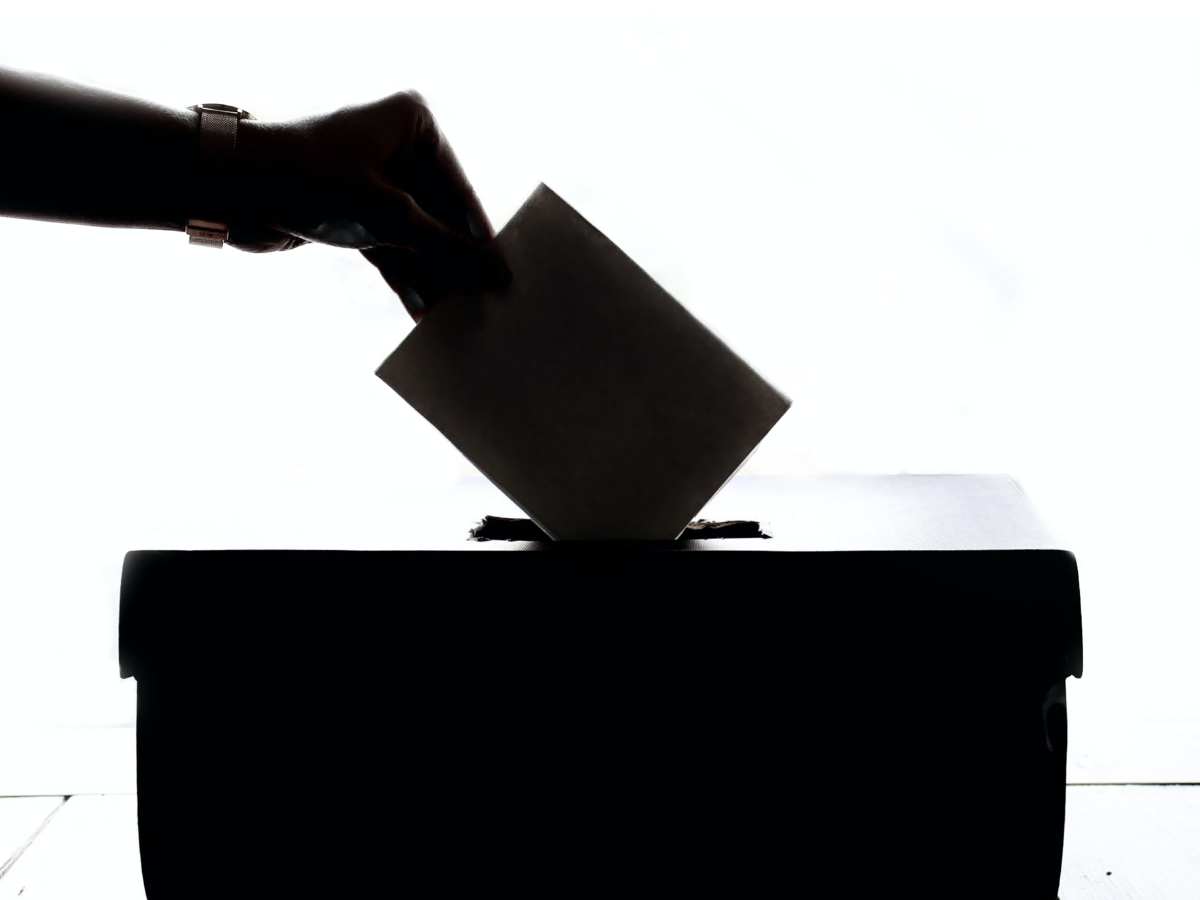
In two of the last five presidential elections, the candidates elected president did not win the popular vote. This continued phenomenon has caused many Americans to question not only whether the electoral college is fair, but if it is even necessary. Despite these complications, the electoral college has proven to be both fair and necessary, serving a vital purpose in the continued prosperity of the American way of life.
Though the electoral college has its faults, depending solely on a popular vote system would create marginalization. Without the electoral college, candidates would only pander to the needs of metropolitan areas. Therefore, rural areas of the country would be completely neglected. As a result, farmers in Iowa would be forgotten and Ohio factory workers would be stripped of their voices in Washington D.C.
It is a primitive, societal pattern in history to see the capital city and other major cities politically, militarily and economically dominating and disenfranchising its less populated regions. This happens in Iraq against the Kurds, in China against the Tibetans and it has been historically prevalent in Italy with the industrial north abusing and neglecting the agrarian south. It may seem ridiculous when viewed from an Americanized point of view, but rural areas across many countries are left neglected by the industrialized, metropolitan sectors of power.
The electoral college protects voters against election fraud. Since there are 50 different states holding 50 separate presidential elections that do not intersect with one another, it would be very difficult to distribute enough ballot boxes across multiple states to make a significant difference. That being the case, if a third-party candidate received secret support from someone across the political aisle, wanting to strip votes away from a major political party, it would only create a minimal impact.
An intrusion by any foreign agents is also far less effective against the electoral college. Even if a foreign agency could manipulate a million people to vote for one candidate over another, that would still only affect a small portion of the electorate. It is not necessarily impossible, but to fraudulently overturn the tide of an entire presidential election through felonious means would require hundreds of co-conspirators across multiple states in dozens of ballot offices. The conspirators would have to know which states were going to be won by close margins. Most presidential elections are won by a wide margin of electoral votes, so the manipulation of only one or two states would not change the winner of the presidency.
Recent elections in the United States, most notably those in 2000 and 2016, have left many disgruntled citizens with the false impression that the electoral college is inherently flawed, but the times when the popular and electoral vote have differed substantially are actually few and far between. In 53 of the 58 presidential elections that America has held in its history the winner carried both the popular vote as well as the electoral college. That amounts to 91% of all presidential elections. Before Al Gore versus George W. Bush, it had been 112 years since a victor failed to earn the popular vote. The other two times occurred in 1824 and 1876. This kind of divergence is the anomaly, not the standard.
The common criticisms of the electoral college are that it undermines democratic principles. Many believe that it cancels out people’s voices and does not truly respect the choice of the people. What critics often fail to consider, however, is that this nation is built up of regions. Regions each with a sense of cultural identity and individualized interests. For a nation to remain stable and united, it must make accommodations to all of these regions, making them all feel welcome into the greater whole. This follows the traditional motto of the United States: “E Pluribus Unum,” or “out of many, one.”
The Founding Fathers believed that it was important for the president to maintain a wide body of support across the country, rather than a concentrated, high level of support from one region. The electoral college maintains that the head of state must represent all Americans, not just metropolitan people. For those that live in metropolitan sectors of society, it is absolutely frustrating when their candidate loses, but very few of those city folk will ever know what it is like to be a factory worker or a farmer, nor will their votes ever take into consideration those rural workers. This is why it is more important than ever to maintain an election system in which those people remain enfranchised, because they are the only individuals who can and will, vote in their own best interests.







